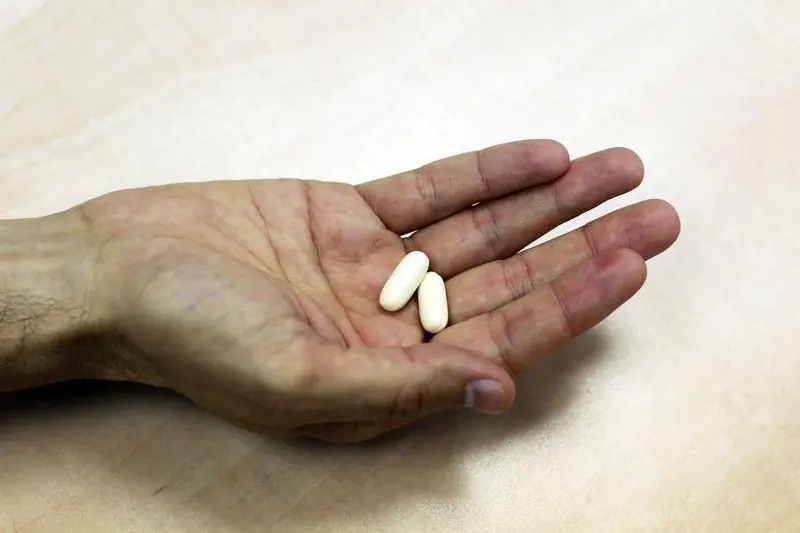PHOTO
BEIRUT - The prices of some medicines in Lebanon have been reduced by up to 70 percent after a review by the Health Ministry, a ministry source told The Daily Star Friday. The average price reduction was 29.6 percent, the source said, following the conclusion of a ministry review of 50 percent of 913 different kinds of medicine.
The review of the other 50 percent will be completed in the next week or two, the source added.
“Every year we review a number of medicines, we look at their prices, and we adjust them,” the source said. He added that some price reductions could be around 11 percent, for example, but the maximum was 70 percent.
While drug prices have been reduced overall, the ministry separately instituted a minimal price hike on cheap drugs to increase profit margins for pharmacists.
The source said the raises applied to “a category [of medicines] that cost under LL23,000 or LL24,000 [about $15], where we added LL750 for it to go to the pharmacist.”
“Pharmacists provide services. ... These people were forgotten and [their services] were not adequately compensated,” the source said.
He explained that some pharmacists refuse to maintain a stock of certain cheap drugs, “because they only receive less than LL100 [in profit] if they sell it.”
A Beirut pharmacist, who asked not to be identified, told The Daily Star the small price hike for pharmacists would be helpful as they had previously made less than 10 percent profit on medicines under $15.
He said pharmacists’ syndicates had been lobbying for the move and expressed surprise that the ministry had agreed to it.
The extra LL750 on cheaper drugs would make a difference to him, he said, but he complained that pharmacists’ profit margins on expensive drugs, those costing more than LL250,000, still remained low.
“The general profit margin the ministry allows for medicines is 22 percent,” he said. “But the more expensive the medicine gets past a certain point, the more that margin drops, until it’s less than 10 percent.”
He said that pharmacists’ services to customers have been seen as “our duty” rather than paid work.
Doctors often do not tell patients about drugs’ side effects or how to use them, he said. “At least this is some kind of compensation.”
The Daily Star previously reported in 2015 that pharmacists’ profits had been hit by price slashes at the time and was forcing a number of them out of business.
The ministry source said both pricing decisions were published in the Official Gazette, after obtaining approval from the relevant government bodies, which a Health Ministry statement said included the Industry, Economy and Finance ministries.
Copyright © 2018, The Daily Star. All rights reserved. Provided by SyndiGate Media Inc. (Syndigate.info).





















